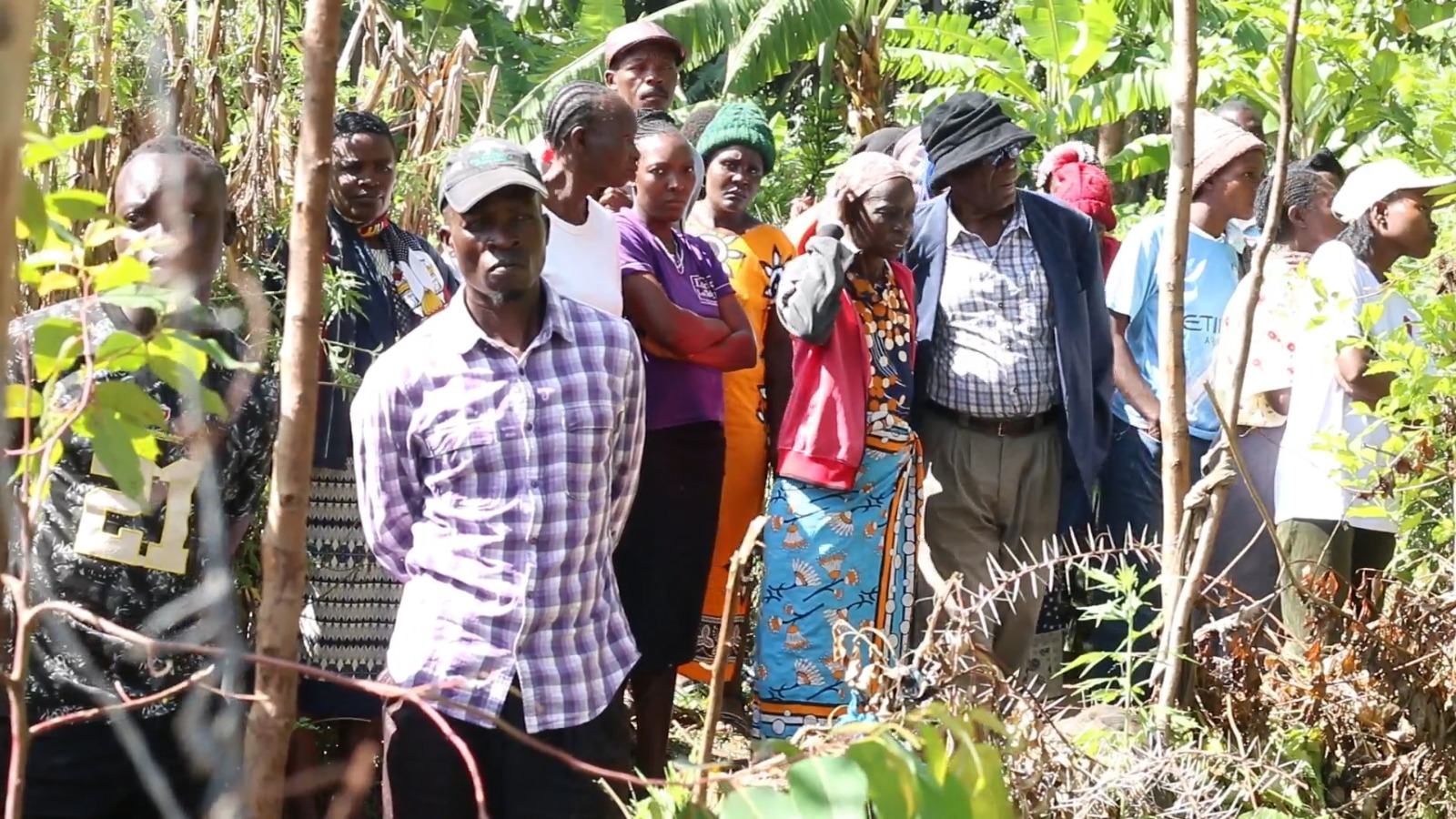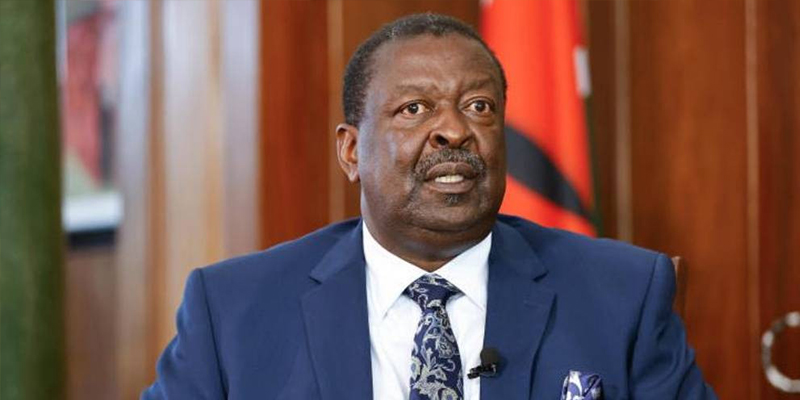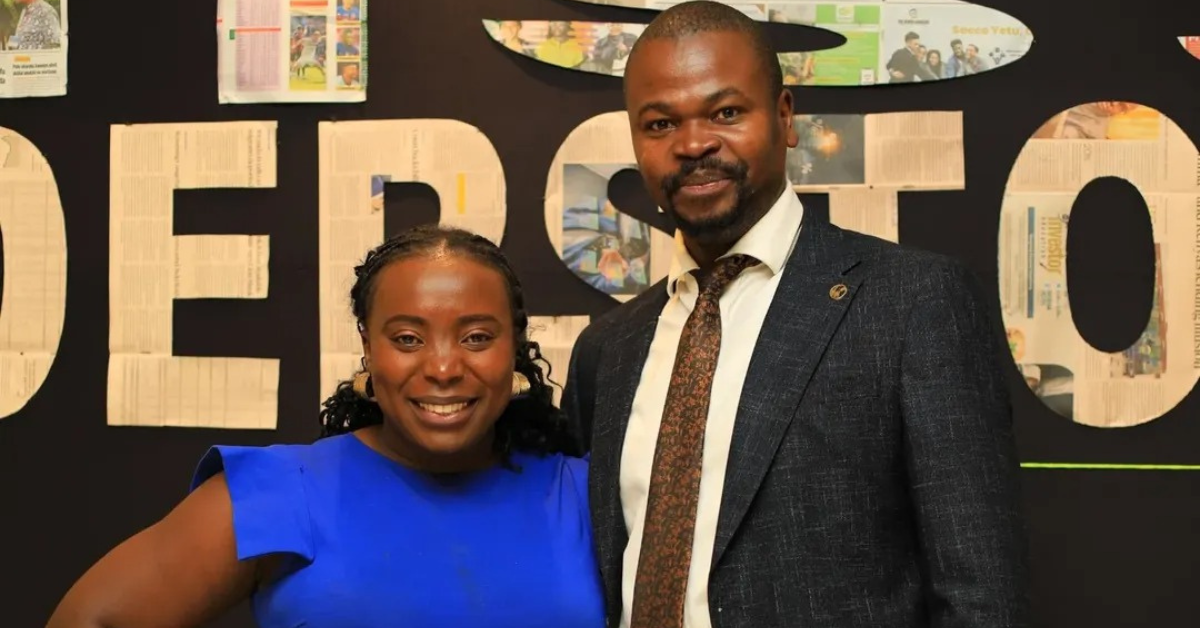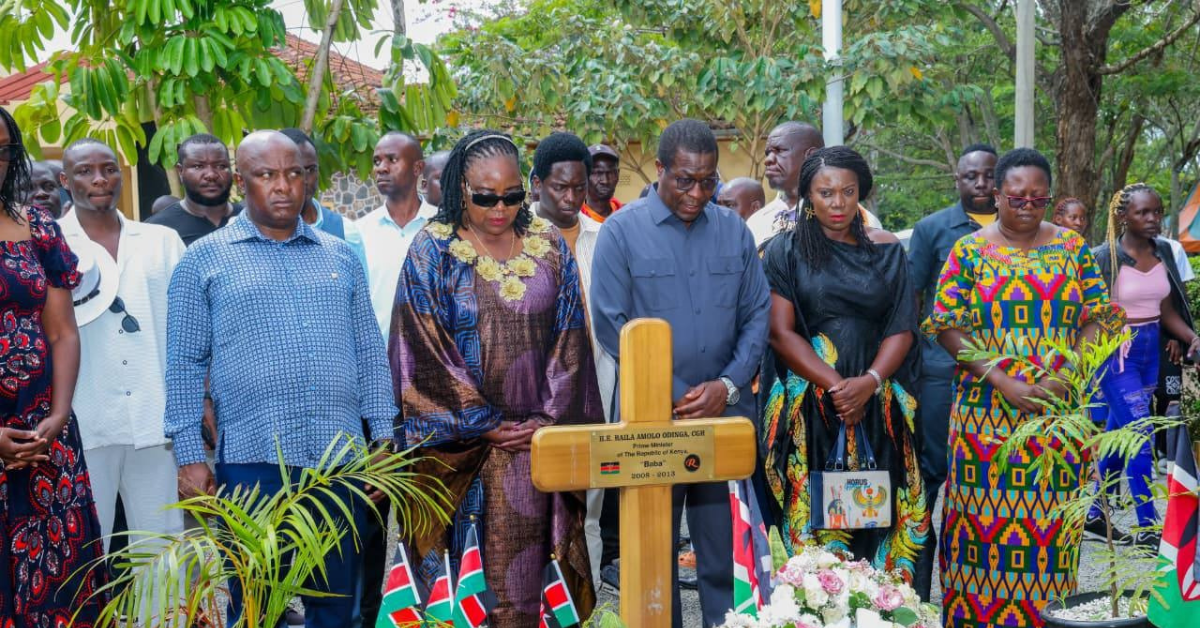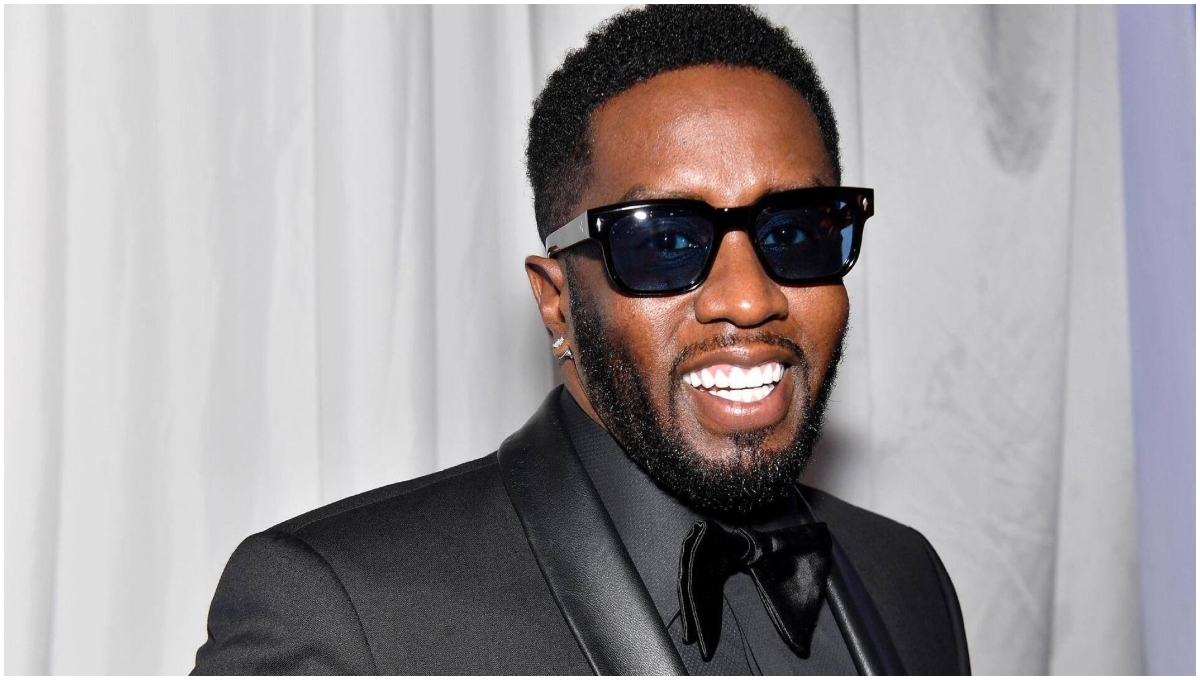Uganda is in the final discussions with Chinese partners to help finance the controversial East African Crude Oil Pipeline (EACOP) project, a senior government official has said.
Energy Ministry Permanent Secretary Ireen Bateebe says that Uganda sought refuge from the southeast Asian nation after some Western partners pulled out.
“We are having final discussions with our Chinese partners to provide about half of the finances required for the construction of the EACOP (East African Crude Oil Pipeline),” Bateebe said, as reported by AFP.
“We should be concluding the arrangements with the Chinese financiers this coming month (October),” she added.
EACOP is a 1,443km crude oil export pipeline that will transport Uganda’s crude oil from Kabaale – Hoima in Uganda to the Chongoleani peninsula near Tanga Port in Tanzania.

Bateeba said the pipeline project is critical to Uganda, and that no one will hinder the project from being a reality.
“Some of our international partners from Europe were forced to pull out from financing this project and as a country, we sourced for other friendly partners to finance the balance of the financing and we are on course.”
EACOP project under fire
But the project — that will have a peak capacity of 246,000 bbls/day — has come under sharp criticism from human rights groups and environmental enthusiasts. These groups argue that the project will destroy ecosystems and the livelihoods of tens of thousands of local people.

Its proposers, however, argue that the 24″ insulated pipeline will be buried along its entire length with the top of the pipe being one metre below the surface.
“Once constructed and buried, the topsoil and surface vegetation will be re-instated and people and animals will be able to pass freely across. Equally the pipeline will pass under crossing points with other infrastructure such as roads, rail lines or cables,” a description on EACOP website reads.
French energy giant TotalEnergies has been tasked to develop Ugandan oilfields and ship the crude through the 1,443-kilometre (900-mile) pipeline to Tanga Port.
TotalEnergies also maintains that locals who have been displaced by the project have been fairly compensated and measures taken to protect the environment.
Chinese financiers
The two Chinese financiers that Uganda has approached are the Export-Import Bank of China and Sinosure.
Uganda’s first oil is expected to flow in 2025 — almost two decades after the reserves were discovered.


